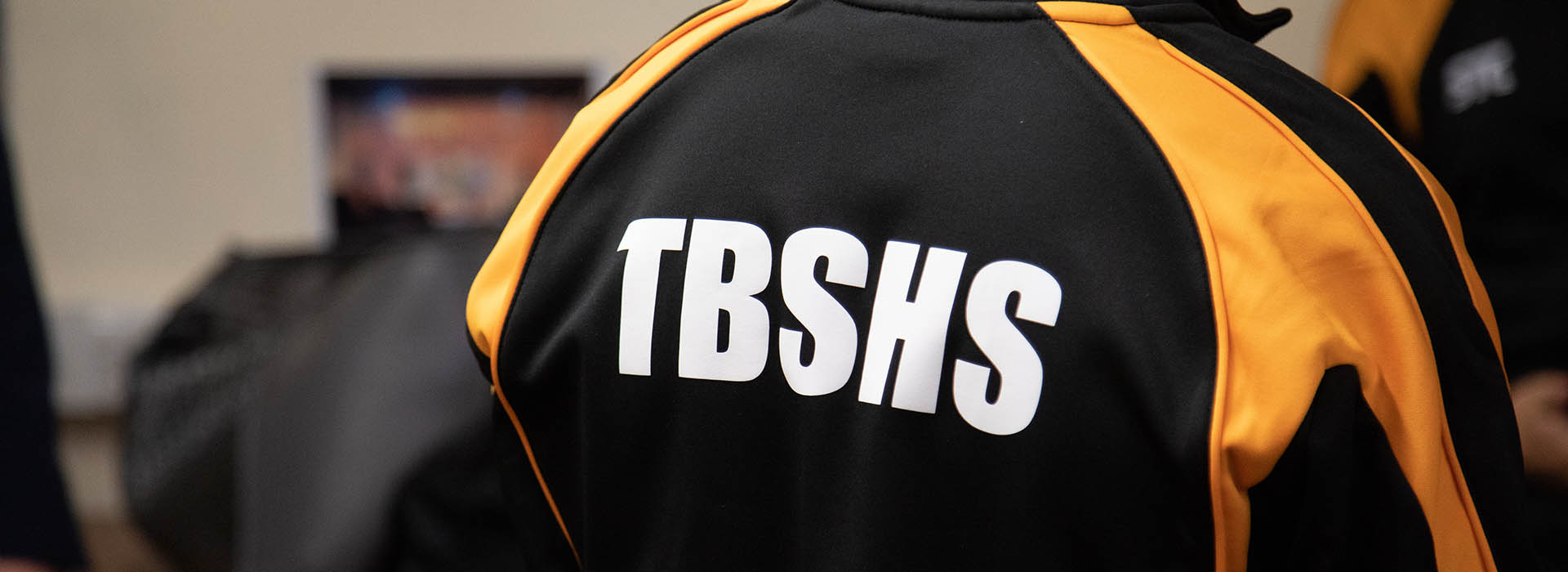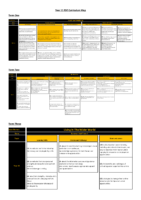PSHE / RSE
The Relationship and Sex Education (RSE) curriculum is taught through PSHE (Personal, social, health and economic education) at TBSHS.
RSE is about the emotional, social and cultural development of students, and involves learning about relationships, sexual health, sexuality, healthy lifestyles, diversity and personal identity. RSE involves a combination of sharing information, and exploring issues and values. RSE is not about the promotion of sexual activity. Health Education involves teaching students about physical health and mental wellbeing, providing them with the information that they need to make good decisions about their own health and wellbeing. The school’s approach to RSE is balanced and takes account of, and is sensitive to, different viewpoints and is not based on personal bias; it is delivered in an appropriate manner with regard to the age and stage of students.
TBSHS provides RSE and Health Education to all students in accordance with the Relationships Education, Relationships and Sex Education and Health Education (England) Regulations 2019 made under sections 34 and 35 of the Children and Social Work Act 2017. This Policy and the TBSHS RSE Curriculum have been updated to comply with statutory guidance from the Department for Education (DfE), “2019 Guidance. Relationships education, relationships and sex education (RSE) and health education”, which has been compulsory since September 2020. The TBSHS RSE and Health Education framework is based upon three core themes:
Relationships education
- Mental wellbeing
- Internet safety and harms
- Physical health and fitness
- Healthy eating
- Drugs, alcohol and tobacco
- Health and prevention
- Basic first aid
- Changing adolescent body
Health and well-being
- Families
- Respectful relationships, including friendships
- Online and media
- Being safe
- Intimate and sexual relationships, including sexual health
Living in the wider world
- Learning Skills
- Choices and pathways
- Work and career
- Employment rights and responsibilities
- Financial choices
- Media literacy and digital resilience







